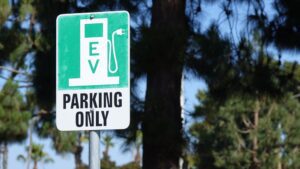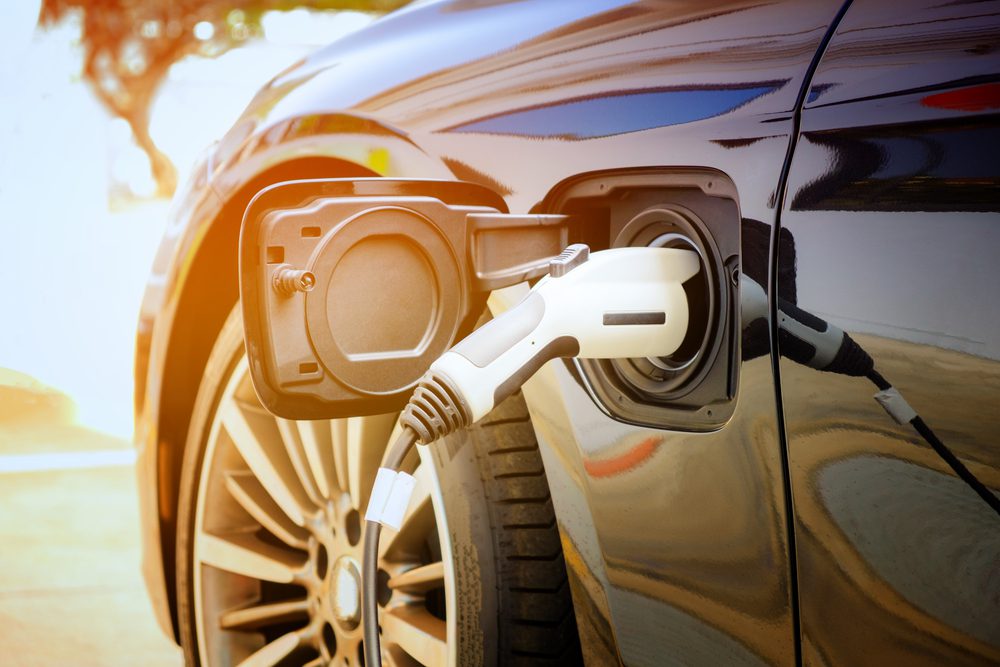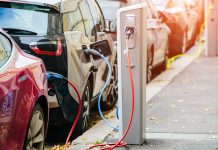It’s no surprise that electric vehicles (EVs) have become increasingly popular within the past decade. They are appealing to consumers because they can save money since they don’t require constant re-fueling, they are convenient because they can be charged without owners having to leave the house, and, according to environmental experts, they can greatly reduce emissions and contribute to cleaner air. Automakers are racing to become the top dog in the EV market, but other companies are introducing plans to join in, too.
Dyson is one of the latest corporations to announce it has plans to get involved in the EV industry. Of course, Dyson is most well-known for their vacuums, but the corporation has actually been analyzing data related to electric vehicles for decades. According to CEO Sir James Dyson himself, “We have been researching motors, batteries, aerodynamics, vision systems and robotics for 22 years. Now the time is right to bring all our knowledge and experience together into one big project – an electric car.”
Although the patents have been created, Dyson put some mystery to the $2.7 billion project by stating that they “don’t reveal what our vehicle will really look like or give any specifics around what it will do.” Also veering from the course of business it’s usually known for, China Evergrande Group is also planning on entering the EV market. Known for being one of the most prominent Chinese property developers, Evergrande released a statement in March indicating it “will strive to become the world’s biggest, and the strongest, electric vehicle group within three to five years.” The corporation did not offer any other details regarding the vehicles, though, making auto experts skeptical.
Also veering from the course of business it’s usually known for, China Evergrande Group is also planning on entering the EV market. Known for being one of the most prominent Chinese property developers, Evergrande released a statement in March indicating it “will strive to become the world’s biggest, and the strongest, electric vehicle group within three to five years.” The corporation did not offer any other details regarding the vehicles, though, making auto experts skeptical.
Dyson and Evergrande aren’t the only ones entering the EV arena. Rivian recently boasted its electric R1T Truck on Twitter with the caption “Never too old to play in the dirt.” The technology firm is also creating an electric SUV named the R1S SUV. The company states that each model will get up to 400 miles on one charge and have the ability to go from 0 mph to 60 mph in just three seconds “with zero emissions.” Delta Electronics India is also getting in on the action, stating that it will “offer a completely-indigenised EV charging product in India where design, engineering, software, firmware and the complete ecosystem is developed locally.” Whether or not their products will hit the U.S. and other countries isn’t known, but seeing as the company is “one of the top three global companies to produce DC chargers of up to 1,000 V,” it wouldn’t be much of a surprise. Large corporations are also working together to create EV technologies, such as Hyundai and Kia Motors partnering with Rimac, a Croatian electric hypercar startup. Sean O’Kane of The Verge reported that Rimac technologies such as battery packs have also been used in EV projects carried out by Aston Martin and Jaguar. Jaguar itself is planning on unveiling its own electric car, the retro E-type Zero, which carries the sleek design of a 1960’s convertible. Right now, China far surpasses other countries in the use of electric vehicles, likely in part due to electric public transportation as well as well-established government incentives for people who purchase EVs. Although there are many naysayers, the EV market looks promising for many companies. Just a few days ago, Volkswagen reported that its newly-unveiled electric hatchback made over 10,000 sales within 24 hours, and it is expected that the release of various new models will encourage more consumers to buy into the EV market in the coming decade.








